Wondering what is a “crunchy” or what does it mean to be a crunchy? You have come to the right place!
Crunchy isn’t a new term by any means but a lot of people don’t know the term they become “crunchy parents” as it is most commonly associated with parenting.
Not only parents are crunchy however.
There are practices or things a person without kids can do and be described as a crunchy. Everytime I write crunchy I think about a crunchy chocolate bar. And liking those doesn’t make you a crunchy, quite the opposite actually….
So what does make you a crunchy person? Keep reading and we will give you more information about crunchy living and 7 signs that might let you know if you are one!
What is Crunchy Living?
To be “crunchy” is a colloquial term often used to describe a lifestyle or mindset that emphasizes natural and holistic approaches to various aspects of life, such as parenting, health, diet, and environmental sustainability.
People who identify as “crunchy” typically prioritize organic and locally sourced foods, eco-friendly products, alternative medicine, and minimalism. The term can also extend to parenting practices that lean towards attachment parenting, cloth diapering, breastfeeding, and other natural child-rearing methods.
In essence, being “crunchy” often implies a desire to live in harmony with nature, make choices that have a lower impact on the environment, and opt for more traditional or natural methods when it comes to personal health and well-being.
It’s important to note that the term can be somewhat subjective and may mean different things to different individuals, as people may emphasize different aspects of this lifestyle based on their values and beliefs.
See our natural deodorant recipe as an example of something crunchy…
7 Signs that might mean You are a Crunchy Mom or Person
Crunchy is not a “one fits all” label. It can mean a whole range of different things to different people.
However, if you are wondering if YOU are a crunchy, here are 7 things commonly associated with the crunchy branding:
1. A Holistic Connection to Nature
At the heart of the crunchy lifestyle lies a profound connection to nature. Crunchy individuals often find solace in spending time outdoors, immersing themselves in natural environments, and appreciating the Earth’s beauty.
This connection often extends to an increased awareness of environmental issues and a commitment to reducing their ecological footprint. This might involve opting for reusable products, reducing plastic usage, and supporting sustainable practices.
2. Nutrition and Conscious Eating
One of the most notable aspects of the crunchy lifestyle is its emphasis on conscious eating. Crunchy individuals tend to prioritize whole, organic, and locally sourced foods.
This choice is driven by the belief that such foods are not only healthier for the body but also for the planet. They often choose to support local farmers and artisans, reducing the carbon footprint associated with food transportation and promoting the local economy.
3. Being a Vegetarian or Vegan
Vegetarianism and veganism are also common among the crunchy community, as these diets align with the values of compassion towards animals and sustainable food production.
Many crunchy individuals advocate for plant-based diets as a way to minimize the environmental impact of animal agriculture.
4. Alternative Medicine and Natural Remedies
In a departure from mainstream medical practices, crunchy individuals often turn to alternative medicine and natural remedies for health and well-being.
This might include herbal medicine, acupuncture, homeopathy, and holistic therapies. The underlying philosophy is that the body has an innate capacity to heal itself, and these practices aim to support the body’s natural processes rather than simply treating symptoms.
See some of our crunchy posts:
5. Parenting and Attachment
The crunchy lifestyle extends to parenting practices as well. Attachment parenting, a cornerstone of this lifestyle, emphasizes close bonding between parent and child.
This involves practices like babywearing, breastfeeding, co-sleeping, and responding to a child’s needs promptly. The goal is to foster a strong emotional connection and promote the child’s well-being and development.
6. Cloth diapering
Cloth diapering is another hallmark of crunchy parenting. Advocates argue that cloth diapers are environmentally friendly and free from the chemicals often found in disposable diapers, aligning with the crunchy value of sustainability.
7. Minimalism and Simplicity
Crunchy individuals often reject consumerism and embrace minimalism, valuing quality over quantity. They opt for fewer material possessions and seek joy in experiences rather than material wealth.
This approach not only reduces their impact on the environment but also cultivates a sense of contentment that isn’t reliant on material accumulation.
While the crunchy lifestyle has gained a following for its emphasis on natural living and sustainability, it’s important to recognize that there are potential downsides and challenges associated with this way of life.
Where did the slang being a crunchy come from?
The term “crunchy” to describe a certain lifestyle and mindset likely emerged in the 20th century, but its exact origin is not definitively documented.
It’s thought to have originated from the idea of someone being “crunchy on the outside and soft on the inside,” akin to a crunchy granola bar that has a hard exterior but a soft interior. The term was initially used in a somewhat derogatory or mocking manner to describe individuals who seemed overly concerned with natural and holistic practices.
Over time, however, the term was reclaimed by those who identified with the lifestyle it described. People began using it as a badge of pride to signify their commitment to natural living, sustainability, and various alternative practices. The term became more widely recognized in counterculture and alternative communities as these values gained prominence, especially in the 1970s and onward.
The concept of being “crunchy” evolved to encompass a range of lifestyle choices, from organic eating to alternative medicine, attachment parenting, and eco-consciousness. It became a way for like-minded individuals to connect and identify with a shared set of values and practices.
While the exact origin remains somewhat unclear, the term “crunchy” has undoubtedly become a recognizable and sometimes lighthearted descriptor of a certain way of life that prioritizes natural and holistic approaches to various aspects of living.
Positives of being a crunchy
The crunchy lifestyle, with its emphasis on natural living and sustainable practices, offers a range of positive benefits for individuals and the environment.
Environmental Consciousness:
One of the most significant positives of the crunchy lifestyle is its focus on reducing environmental impact.
By choosing organic, locally sourced foods and minimizing waste through practices like recycling and composting, adherents contribute to a healthier planet. This commitment to sustainability helps preserve natural resources and promotes a cleaner, greener world for future generations.
Health and Well-Being
Prioritizing whole, organic foods and natural remedies can lead to improved personal health. By avoiding processed foods and embracing a diet rich in nutrients, crunchy individuals often report increased energy levels, better digestion, and a reduced risk of certain health issues.
Alternative medicine practices can also provide holistic approaches to wellness that complement conventional medical care.
Holistic Parenting
The crunchy parenting approach, including attachment parenting and natural child-rearing methods, fosters strong emotional bonds between parents and children.
Practices like babywearing, breastfeeding, and co-sleeping promote a deeper connection and potentially contribute to a child’s emotional well-being and development.
Minimalism and Simplicity
The focus on minimalism within the crunchy lifestyle encourages individuals to value experiences over material possessions.
This shift can lead to reduced stress, increased contentment, and a greater sense of fulfillment derived from meaningful connections and experiences rather than consumerism.
Supporting Local Economies
By choosing local products and foods, crunchy individuals often support small businesses and local farmers, contributing to vibrant local economies.
This can help create a stronger sense of community and reduce the carbon footprint associated with transporting goods over long distances.
Connection to Nature
The crunchy lifestyle encourages spending time outdoors and nurturing a deep connection with nature. This connection can lead to improved mental health, reduced stress levels, and a greater appreciation for the beauty and serenity of the natural world.
Negatives of practizing a crunchy lifestyle
Expense
One of the most significant criticisms of the crunchy lifestyle is its potential for being expensive. Organic and locally sourced products often come with higher price tags, making them inaccessible to individuals and families with limited financial resources.
This exclusivity can perpetuate social and economic inequalities, making it difficult for everyone to adopt the crunchy lifestyle.
Lack of Scientific Basis
Some aspects of the crunchy lifestyle, particularly in the realm of alternative medicine and natural remedies, lack substantial scientific backing. Relying solely on these methods and rejecting conventional medical treatments could pose risks to individuals’ health.
It’s important to strike a balance between holistic practices and evidence-based medical care.
Judgment and Pressure
Within the crunchy community, there can be a tendency to judge those who don’t adhere to the same lifestyle choices.
This judgment can create an environment where individuals feel pressured to conform, leading to feelings of guilt or inadequacy if they can’t fully embrace the crunchy way of life. This goes against the spirit of understanding and respect that the movement often advocates.
Limited Convenience
The crunchy lifestyle may require more time and effort to implement. Cooking from scratch, sourcing local products, and adopting alternative parenting practices can demand more time than some people can afford, especially in our fast-paced modern world.
This can potentially lead to stress and burnout for individuals trying to balance their commitments.
Misinformation
As with any movement, there’s a risk of misinformation or oversimplification of complex issues. Some crunchy practices might be based on outdated or misinterpreted information, leading to ineffective or even harmful outcomes.
What is the British version of a crunchy?
The term “crunchy” is more commonly associated with American culture.
In the United Kingdom, individuals who emphasize natural living, sustainability, and holistic approaches might be referred to as “crispy”, “eco-conscious,” “green-minded,” or “environmentally aware.”
These terms encompass the idea of making choices that align with a healthier planet and a more natural way of life, which shares similarities with the “crunchy” lifestyle in the United States.
***
Are you a crunchy? What crunchy viewpoints do you subscribe to?
***
See more:

Bett is living her best Nourished Life which is chemical free and non toxic! I will help you find the best alternatives to help your family be the healthiest versions of themselves!
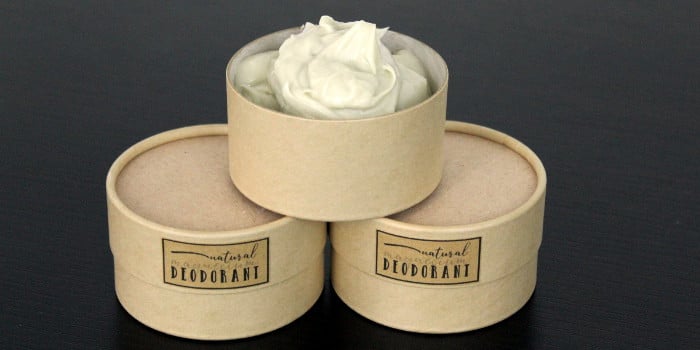
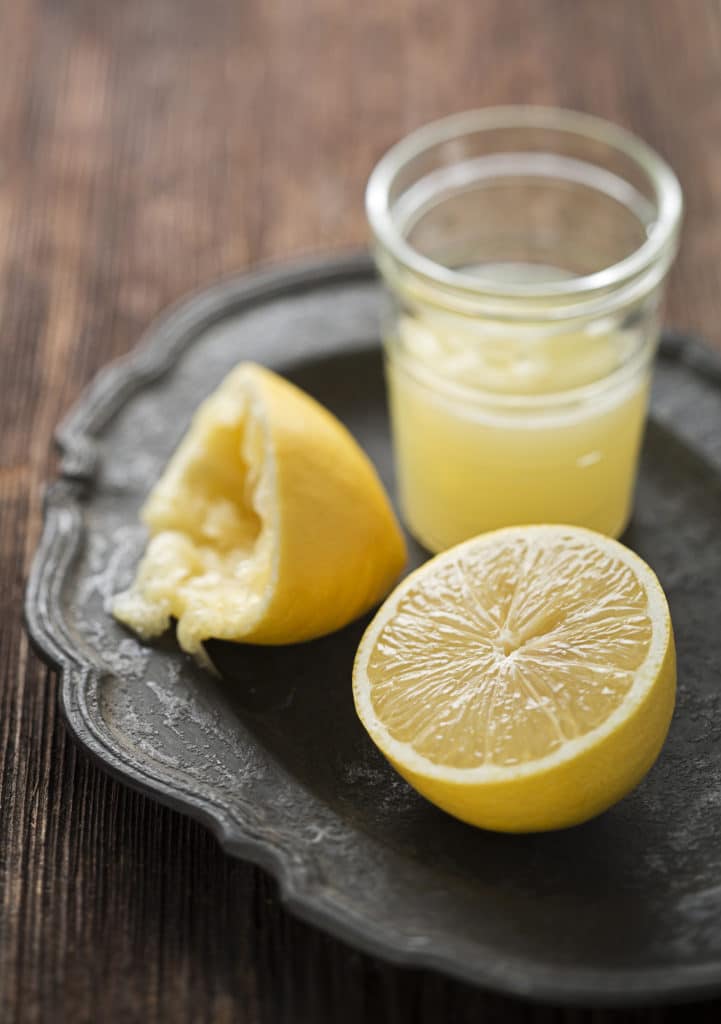
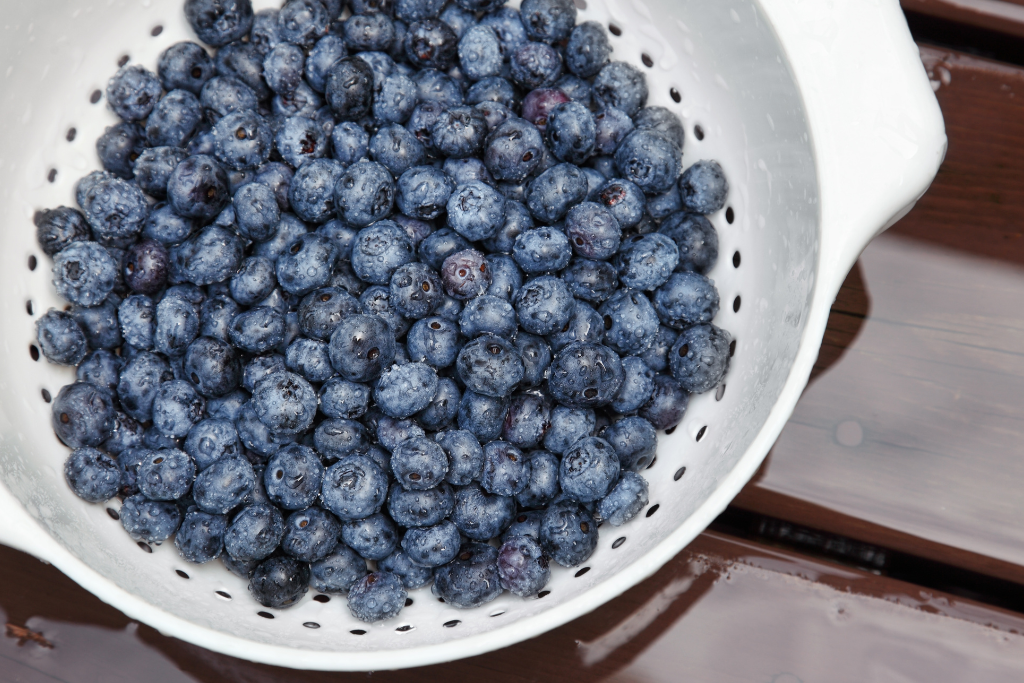


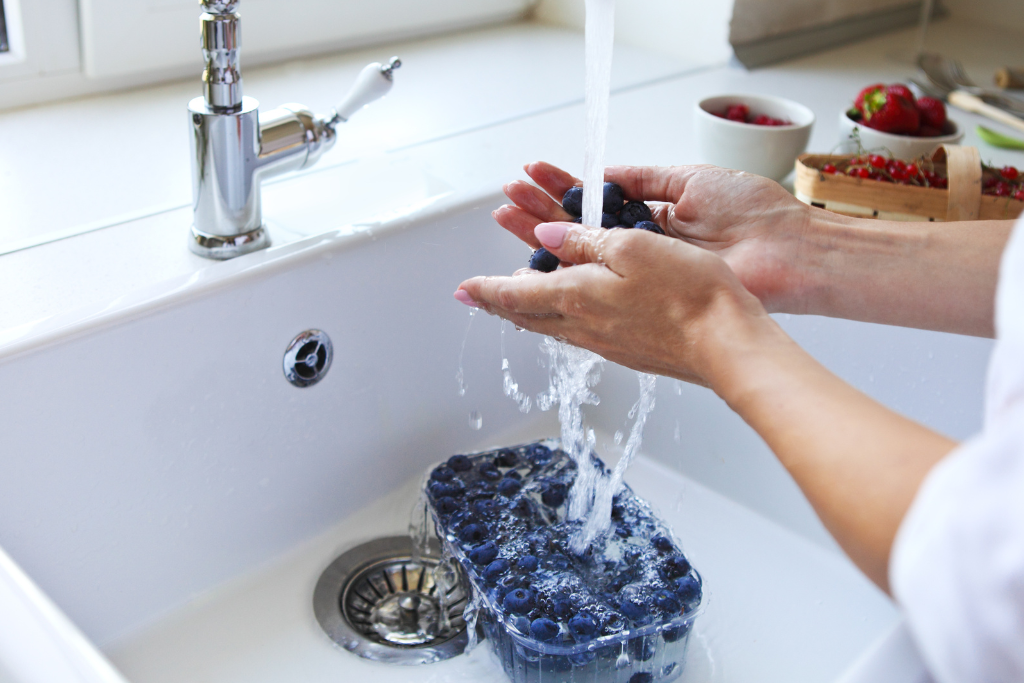
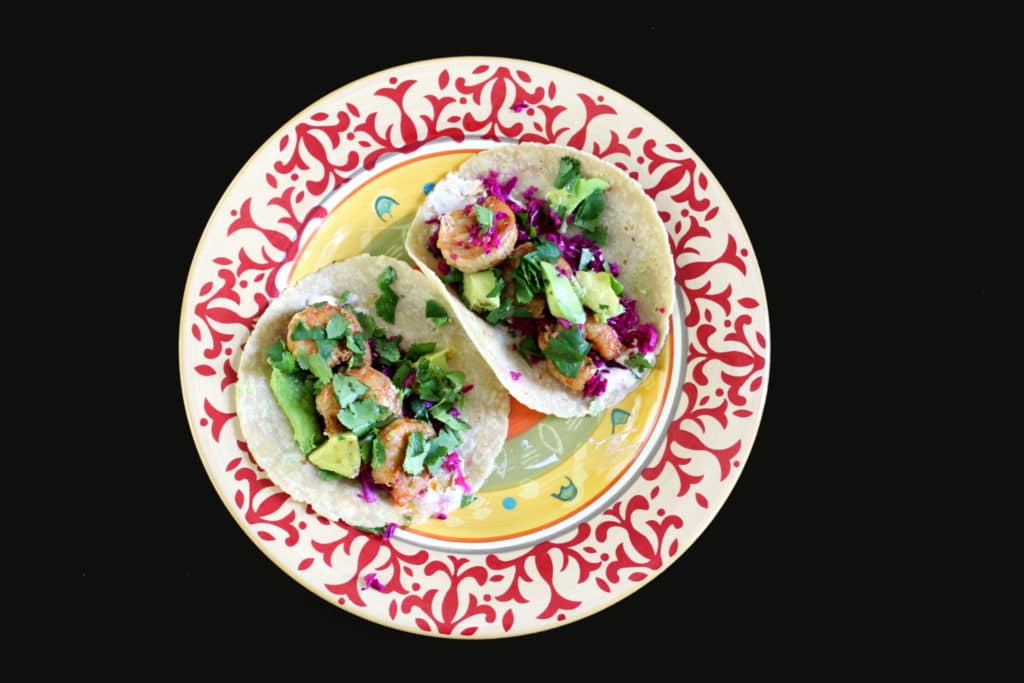

Leave a Reply